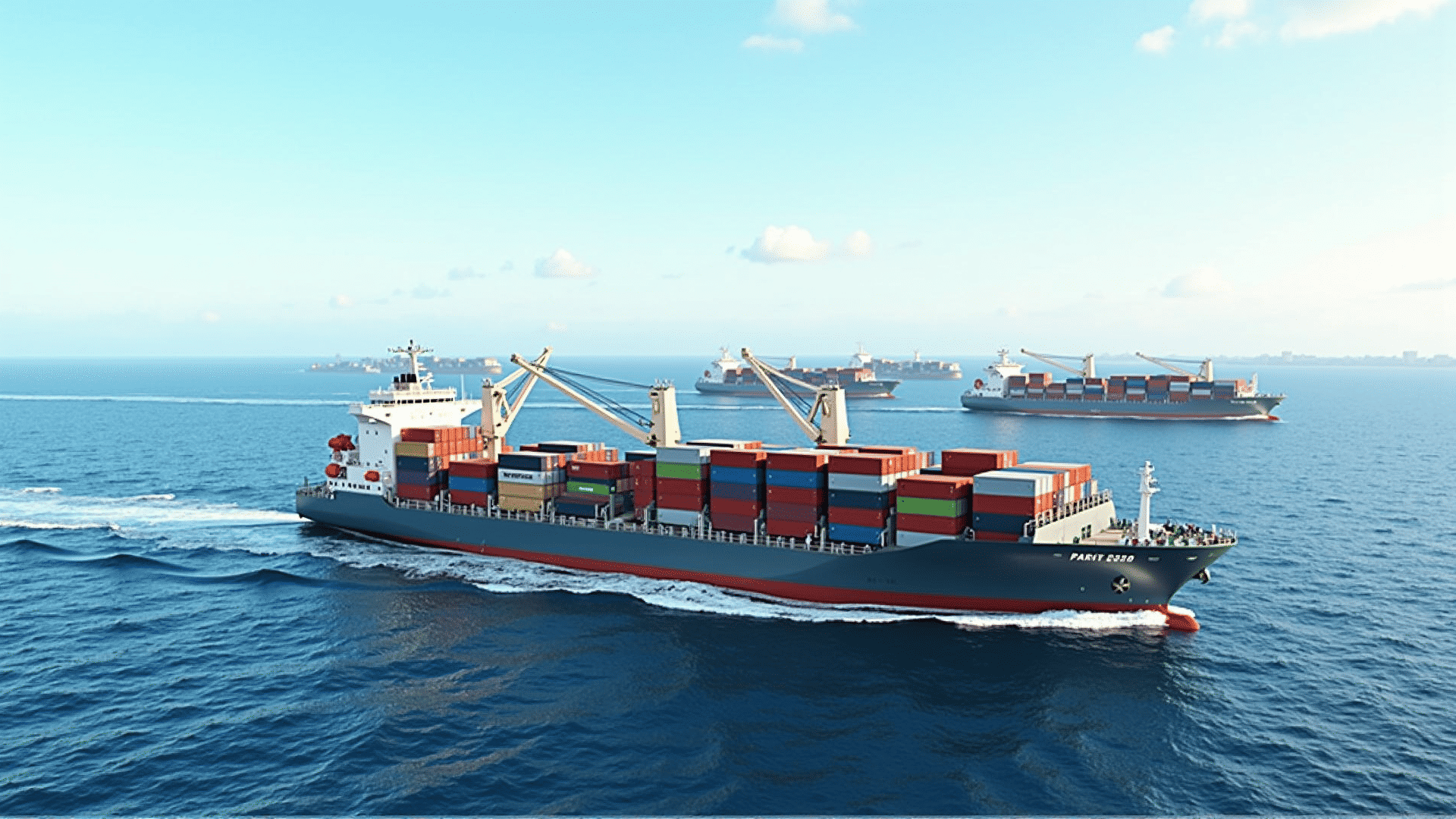Global trade is a multifaceted web of interactions where goods and services flow seamlessly across international borders. This complex mechanism is not just about moving products from point A to point B; it is a vital component that stimulates economies and fosters international cooperation.
The foundation of global trade is rooted in comparative advantage, a principle suggesting that countries should focus on producing goods they can create most efficiently. By doing so, nations can trade surplus production with other countries, optimizing global resource allocation and encouraging an efficient distribution of labor and goods.
International trade agreements play a significant role in shaping the landscape of cross-border exchanges. These agreements, often crafted through diplomatic negotiations, aim to reduce obstacles and establish fair practices for all participants. By lowering tariffs, setting standards, and eliminating unnecessary regulations, these agreements create an environment conducive to a smooth exchange of goods.
Moreover, technologies and transportation have revolutionized how countries engage in trade. Advances such as the advent of container shipping and the rise of digital communication platforms have drastically reduced transit times and logistics costs, enabling even small enterprises to reach vast markets.
In addition to tangible goods, the exchange of services across borders has seen remarkable growth. From information technology to financial expertise, services have become an integral part of global trade, contributing significantly to economies worldwide. This shift towards service-oriented trade highlights the evolving nature of global commerce, which is increasingly reliant on knowledge and technology.
Nevertheless, global trade is not without its challenges. Political instability, environmental concerns, and protectionist policies can disrupt the flow of trade. Countries are required to balance domestic interests with international obligations, striving to maintain fair practices while safeguarding their own economies.
In understanding global trade, one must also consider its social and cultural dimensions. Trade fosters cultural exchange, encouraging understanding and cooperation among nations. It provides consumers with access to diverse products, enriching lives and broadening perspectives.
In summary, global trade is a dynamic and essential element of modern society. It fuels economic growth, fosters international relations, and drives innovation. As the world becomes increasingly interconnected, the principles that govern these exchanges will continue to evolve, meeting new challenges and seizing new opportunities in the ever-changing landscape of global commerce.
